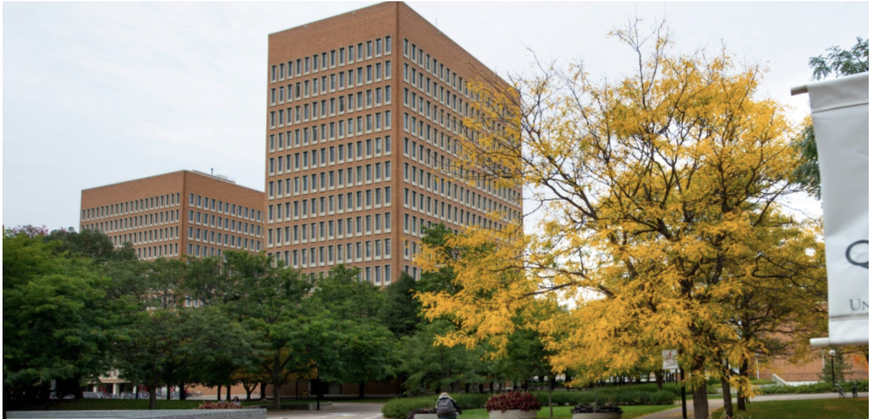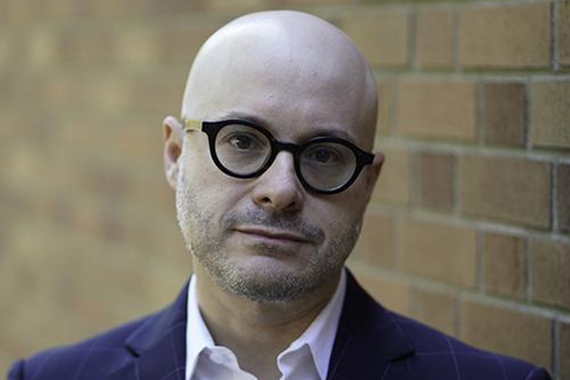Department of Political Science Launches Comparative Politics Search

The Department of Political Science in the College of Liberal Arts at the University of Minnesota-Twin Cities invites applications for a full-time faculty position in Comparative Politics beginning fall semester 2023 (08/28/2023).
The appointment will be 100% time over the nine-month academic year (late August to late May), and will be made at the rank of tenure-track assistant professor, consistent with collegiate and university policy. Salary is competitive and dependent on qualifications and experience.
We seek outstanding colleagues committed to scholarly research and teaching at the highest level and we especially welcome applications from underrepresented groups.
We welcome applications from scholars working in all areas of comparative politics. The search is open with respect to thematic issues and geographic coverage. We have particular needs in the politics of China, Europe, and the Middle East, and in the politics of migration and the environment. In addition, we seek candidates who will advance the department’s strategic initiative to explore “democracy under threat,” which guides hiring, research, and teaching. We are especially interested in scholars who explore the nature and forms of contemporary threats to democracy and the political, economic, and socio-cultural sources of crises of democratic legitimacy and weakened democratic institutions and governance.
In the US and abroad, democracy is facing a wave of challenges, not merely to its democratic institutions, but even more fundamentally to the very idea of democracy. This has led to a global crisis that operates on two levels. In the first-order problem, we observe a series of interrelated pressures on democratic governance as we have known it: environmental degradation, mass expulsions, and migrations, deepening material inequalities, and the rise of authoritarian militarism. These are empirical questions that demand analysis of political dynamics in comparative contexts. However, as citizens try to make sense of these crises, they are increasingly turning away from liberal democracy as their primary language of articulation. Instead, they are reaching for new languages and belief systems, including fascism and authoritarian populism. This has generated a second-order problem. For many people, liberal democracy is understood as the cause of, rather than the solution to, the first-order crises. This demands normative analysis.
To understand these issues on both levels of analysis, we require scholarship that can link research into the first-order empirical causes of these issues with their broader, second-order significance. Grappling with “democracy under threat” is therefore an exercise in explaining contemporary threats to democratic institutions while simultaneously exploring how people search for normative meaning as the ground shifts beneath their feet. Comparative Politics is strongest at grappling with these empirical phenomena; understanding their emergence and development is inherently a comparative exercise. As a subfield, Political Theory is conceptually agile and so able to get in front of unprecedented, structural shifts in how we think and act in a new world. Together, we can innovate exciting ways to use normative questions to open up new fields of empirical inquiry. By drawing on the intellectual strengths of both fields, we hope to place the department at the forefront of graduate programs in the country.
Democracy Under Threat is a department-wide initiative to guide hiring and research. It means that we are most interested in work that, in a sustained manner, draws upon global historical knowledge to understand contemporary threats to democracy (such as resurgent authoritarianism, legitimation crises of contemporary liberal democratic institutions, crises of political economy, and/or late capitalism, racialized politics and inequalities, etc.). Scholars using intersectional approaches to feminist and democratic theories and/or who focus on such issues as justice and injustice, inequality, or global migration are of special interest.
Application Information
Apply online through the University of Minnesota’s Job Center.
- Job Description: Assistant Professor of Political Science (Comparative Politics)
- Job Opening ID: 351091
- Job Posting Title: Assistant Professor of Political Science (Comparative Politics)
- Job Code: 9403
Applications must be submitted online. To be considered for this position, please click the Apply button and follow the instructions. Complete information about the position is available with the job posting, including required materials for the differing applications.
The priority application deadline for the position is September 25, 2022. However, applications will be accepted until the position is filled.
For questions about the position, please contact the Department of Political Science at psearch@umn.edu or (612) 624-4144.
For questions about the application process, or to request an accommodation during the application process, please email employ@umn.edu or call (612) 624-UOHR (8647).

